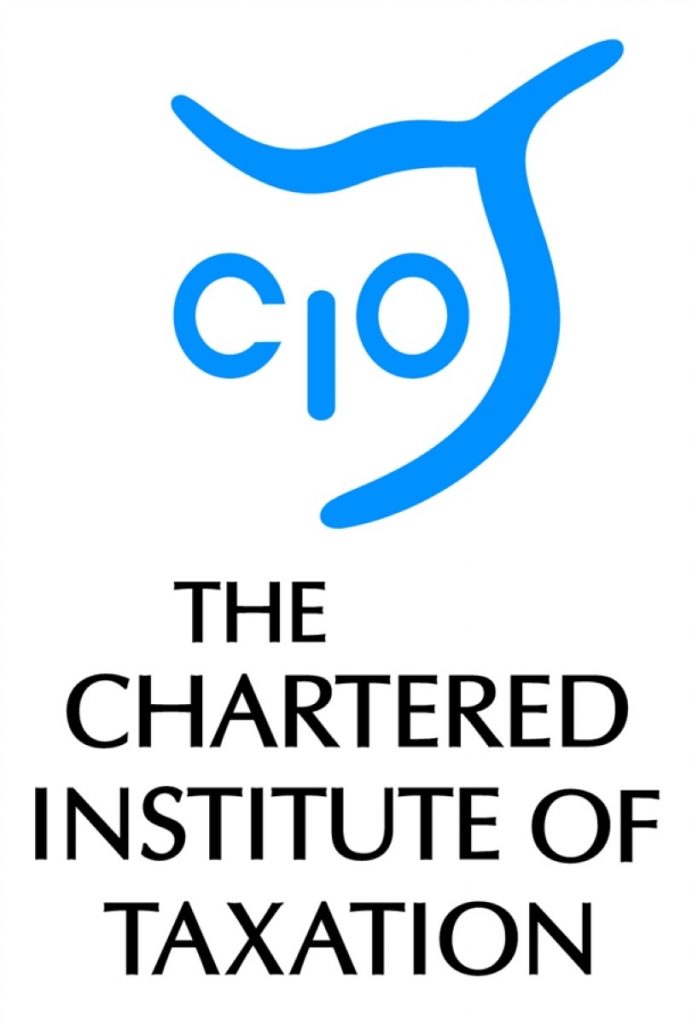CIOT: Low income campaigners call for wider universal credit pilot
The Low Incomes Tax Reform Group (LITRG) are calling for the Government to introduce a revised pilot of the new universal credit system.
The group have criticised the existing pilot for only dealing with people with straightforward circumstances and not taking adequate account of the impact the new system will have on the self-employed.
This is in line with a call made by the House of Commons Public Accounts Committee (PAC) in a report published in September.
LITRG Technical Director Robin Williamson explained:
“Universal credit is a hugely ambitious project. It is important that it gets fully tested before being rolled out nationwide, even if this means further delays to the project’s full implementation.
“As highlighted by the PAC, the existing pilots (or pathfinders) are too small, and they are only dealing with claimants with straightforward circumstances – people who are single, have no dependants and would otherwise be claiming jobseeker’s allowance. They do not investigate how claimant behaviour might change with the switch to universal credit.
“One type of claimant in particular does not seem to feature much in any of the pilots – the self-employed. The universal credit rules on calculating self-employed earnings seem designed to place obstacles in the path of those who choose this route into work. Specifically, the self-employed face unnecessary bureaucratic burdens in having to prepare monthly accounts for the DWP and annual accounts, on an entirely different basis, for HMRC. Additionally the self-employed face the disregard of trading losses under the DWP basis of accounting, so that if a claimant’s expenses exceed his receipts in any month, he cannot set the difference against a profit for the next or any subsequent month. Thirdly, there is the minimum income floor, which for universal credit purposes substitutes a deemed amount of profit in any month in which the actual profit is lower. Overall, under universal credit a self-employed claimant can be worse off than an employed claimant doing a similar job and earning the same amount of money.
“LITRG strongly backs the PAC’s recommendation that the DWP introduce a revised pilot programme. It is particularly important that the experience of the self-employed claimant is tested sufficiently robustly to find out whether universal credit can indeed act as a work incentive for claimants choosing that route. In their present form, the universal credit rules for the self-employed seem to us to be strong on bureaucratic burdens and red tape, weak on work incentives and growth. The rules need to reflect a better understanding of how small businesses actually operate, and that will only come from pilots which test how people choosing self-employment respond to the requirements.”
Notes to editors
1. Further information regarding the universal credit pilot can be accessed here.
2. The Low Incomes Tax Reform Group (LITRG) is an initiative of the Chartered Institute of Taxation (CIOT) to give a voice to the unrepresented. Since 1998 LITRG has been working to improve the policy and processes of the tax, tax credits and associated welfare systems for the benefit of those on low incomes. Everything we do is aimed at improving the tax and benefits experience of low income workers, pensioners, migrants, students, disabled people and carers.
LITRG works extensively with HM Revenue &Customs and other government departments, commenting on proposals and putting forward our own ideas for improving the system. Too often the tax and related welfare laws and administrative systems are not designed with the low-income user in mind and this often makes life difficult for those we try to help.
3. The Chartered Institute of Taxation (CIOT) is the leading professional body in the United Kingdom concerned solely with taxation. The CIOT is an educational charity, promoting education and study of the administration and practice of taxation. One of our key aims is to work for a better, more efficient, tax system for all affected by it – taxpayers, their advisers and the authorities. The CIOT’s work covers all aspects of taxation, including direct and indirect taxes and duties. Through our Low Incomes Tax Reform Group (LITRG), the CIOT has a particular focus on improving the tax system, including tax credits and benefits, for the unrepresented taxpayer.
The CIOT draws on our members’ experience in private practice, commerce and industry, government and academia to improve tax administration and propose and explain how tax policy objectives can most effectively be achieved. We also link to, and draw on, similar leading professional tax bodies in other countries. The CIOT’s comments and recommendations on tax issues are made in line with our charitable objectives: we are politically neutral in our work.
The CIOT’s 17,000 members have the practising title of ‘Chartered Tax Adviser’ and the designatory letters ‘CTA’, to represent the leading tax qualification.
Matthew Oliver
External Relations Officer (Jobshare Monday, Tuesday and Wednesday)
D: +44 (0)20 7340 2702
Chartered Institute of Taxation
Registered charity number 1037771
www.tax.org.uk
The Association of Taxation Technicians
Registered charity number 803480
Registered company number 2418331
VAT Registration Number 497 5390 90
www.att.org.uk
1st Floor, Artillery House, 11-19 Artillery Row, London SW1P 1RT





-01.png)